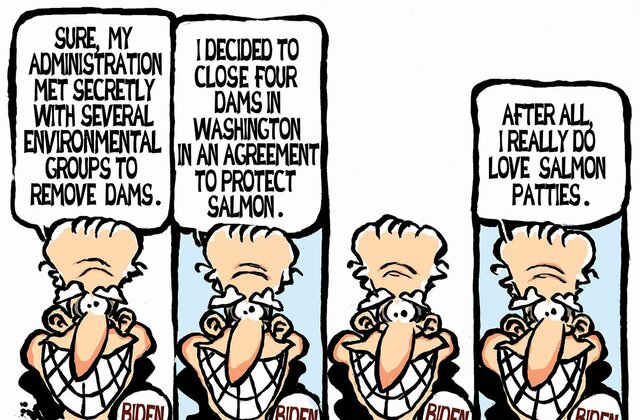[ad_1]
The Artificial Intelligence Act of the 27-nation grouping has been hailed as a leading rulebook. But with time running out, it is uncertain whether the EU’s three branches of government will be able to reach an agreement on Wednesday in what officials hope will be the final round of talks.
Europe’s long years Efforts to prepare AI guardrail The issue has been troubled by the recent emergence of generic AI systems like OpenAI’s ChatGPT, which have dazzled the world with their ability to perform human-like tasks but have raised fears about the risks they pose.
Those concerns have inspired America, UKChina and global coalitions like the Group of 7 major democracies are involved in the race to regulate the rapidly developing technology, though they are still catching up with Europe.
apart from Regulating Generic AIEU negotiators need to resolve a long list of other thorny issues, such as limits on AI-powered facial recognition and other surveillance systems that have raised privacy concerns.
political cartoon

chances of reach a political compromise Chris Srishak, a senior fellow specializing in AI governance at the Irish Council for Civil Liberties, said there is a lot of interaction between EU parliamentarians, member state representatives and executive commissioners “partly because all the negotiators are at a political level on a major legislative effort.” Want to win”.
“But the issues on the table are important and serious, so we cannot rule out the possibility of no agreement,” he said.
At a press briefing in Brussels on Tuesday, Spain’s AI and Digitalization Minister Carme Artigas, who holds the EU presidency, said about 85% of the technical terms in the bill had already been agreed.
If no agreement is reached in the latest round of talks that began Wednesday afternoon and are expected to last late into the night, negotiators will be forced to choose next year. That raises the possibility that the legislation could be delayed until EU-wide elections in June – or go in a different direction after new leaders take office.
One of the key sticking points is the Foundation Model, the advanced systems that underpin general-purpose AI services like OpenAI’s ChatGPT and so on. Google’s Bard Chatbot,
Also known as large language models, these systems are trained on vast stores of written works and images scraped from the Internet. They provide generative AI systems ability to create something newUnlike traditional AI, which processes data and completes tasks using predetermined rules.
The AI Act was intended as product safety legislation, like similar EU rules for cosmetics, cars and toys. It will grade AI use according to four levels of risk – ranging from minimal or no risk posed by video games and spam filters unacceptable risk From social scoring systems that judge people based on their behavior.
The new wave of general-purpose AI systems released since the first draft of the law in 2021 prompted European lawmakers to strengthen the proposal to cover foundation models.
Researchers have warned Powerful foundation models built by a handful of big tech companies can be used to supercharge Online disinformation and manipulation, cyber attacks or creation of biological weapons. They serve as basic structures for software developers building AI-powered services so that “if these models go bad, whatever is built on top will also go bad – and deployers won’t be able to fix it.” ,” said Avaaz, a nonprofit advocacy group. Group.
France, Germany and Italy have resisted updates to the law and are instead seeking self-regulation — a change of heart meant to help domestic generator AI players like French startup Mistral AI and Germany’s Aleph Alpha compete for the bigger ones. Being seen as. We Tech companies like OpenAI,
Brando Benfi, an Italian member of the European Parliament who is co-leading the body’s negotiating efforts, was optimistic about resolving differences with member states.
There has been “some movement” on the foundation model, he said, although there are “more issues finding consensus” on facial recognition systems.
AP Technology Writer Matt O’Brien contributed from Providence, Rhode Island.
Copyright 2023 The associated Press, All rights reserved. This material may not be published, broadcast, rewritten, or redistributed.
[ad_2]
Source link
